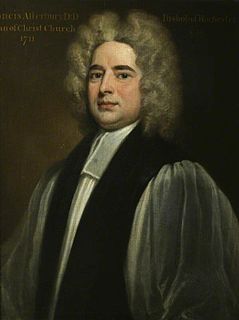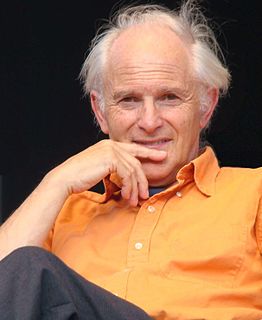A Quote by Randall Jarrell
originality" is everyone's aim, and novel techniques are as much prized as new scientific discoveries. [T.S.] Eliot states it with surprising naïveté: "It is exactly as wasteful for a poet to do what has been done already as for a biologist to rediscover Mendel's discoveries.
Related Quotes
The routine of custom tends to deaden even scientific inquiry; it stands in the way of discovery and of the active scientific worker. For discovery and inquiry are synonymous as an occupation. Science is a pursuit, not a coming into possession of the immutable; new theories as points of view are more prized than discoveries that quantitatively increase the store on hand.
...It would be possible to make much more progress than has been made if the NCI knew its job better, knew how to make discoveries...The NCI really does not know how to make discoveries....So long as the NCI is not willing to follow up ideas that seem good to people who have had experience making discoveries, the work of the NCI is going to be pedestrian.
What is it with science these days? Everyone is so quick to believe in it, in all these new scientific discoveries, new pills for this, new pills for that. Get thinner, grow hair, yada, yada, yada, but when it requires a little faith in something you all go crazy.' He shook his head, 'If miracles had chemical equations then everyone would believe.
The theory of free speech, that truth is so much larger and stranger and more many-sided than we know of, that it is very much better at all costs to hear everyone's account of it, is a theory which has been justified on the whole by experiment, but which remains a very daring and even a very surprising theory. It is really one of the great discoveries of the modern time.
The Christian church has a long history of gradually absorbing scientific perspectives and new discoveries. It seems to me that, in fact, that has been one of the strengths of Christianity - it has ultimately had great flexibility in absorbing new information about the world that we get from science.
Ah, I fancy it is just the same with most of what you call your emancipation. You have read yourself into a number of new ideas and opinions. You have got a sort of smattering of recent discoveries in various fields - discoveries that seem to overthrow certain principles which have hitherto been held impregnable and unassailable. But all this has only been a matter of intellect, Miss West - superficial acquisition. It has not passed into your blood.
Modesty teaches us to speak of the ancients with respect, especially when we are not very familiar with their works. Newton, who knew them practically by heart, had the greatest respect for them, and considered them to be men of genius and superior intelligence who had carried their discoveries in every field much further than we today suspect, judging from what remains of their writings. More ancient writings have been lost than have been preserved, and perhaps our new discoveries are of less value than those that we have lost.







































